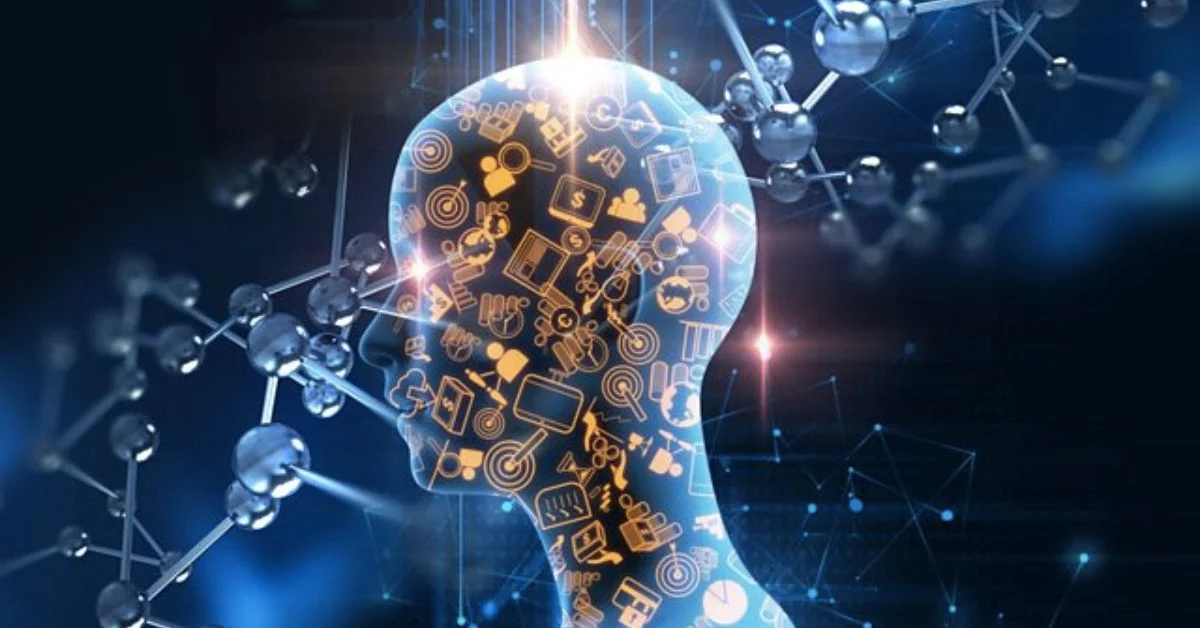Artificial Intelligence (AI) stands poised to revolutionize industries, drive innovation, and shape the future. However, with this transformative power comes the responsibility to ensure AI development and deployment align with ethical principles and societal well-being.

Understanding Ethical AI Development
- Ethical Principles in AI: Ethical AI hinges on principles like fairness, transparency, accountability, privacy, and inclusivity. These principles guide the design, development, and deployment of AI systems to ensure they benefit society while minimizing potential harm.
- Bias Mitigation: Addressing biases in AI algorithms is crucial to prevent unfair discrimination. Unintended biases in training data can perpetuate inequalities, necessitating robust mitigation strategies.
- Transparency and Explainability: Enhancing AI systems’ transparency allows users to comprehend how decisions are made, enabling accountability and fostering trust. Explainable AI provides insights into the reasoning behind AI-driven decisions, essential in high-stakes domains like healthcare or finance.
The Ethical AI Landscape
- AI Governance and Regulation: Global efforts aim to establish regulatory frameworks and guidelines governing AI development and deployment. Initiatives such as the EU’s AI Act and discussions within organizations like IEEE and the Partnership on AI (PAI) seek to set ethical standards.
- AI and Human Rights: Ethical AI aligns with fundamental human rights, including privacy, freedom from discrimination, and the right to fair and equal treatment. Upholding these rights becomes pivotal as AI systems increasingly influence decision-making.
- Impact on Employment and Society: Ethical considerations extend beyond technical aspects to societal impacts. The rise of AI raises concerns about job displacement, socioeconomic disparities, and access to AI-driven services, necessitating ethical frameworks to address these challenges.
Practices for Ethical AI Development
- Diversity and Inclusivity: Encouraging diverse perspectives and inclusive teams during AI development fosters solutions that cater to a broader range of users and minimizes biases.
- Ethical Considerations in Design: Incorporating ethical considerations at the design phase involves anticipating potential societal impacts, establishing clear objectives, and proactively addressing ethical challenges.
- Ethics Review Boards and Audits: Establishing ethics review boards or conducting ethical audits for AI systems can evaluate their adherence to ethical guidelines and identify potential risks or biases.
Challenges and Future Directions
- Interpretable and Trustworthy AI: Enhancing interpretability and ensuring AI systems are trustworthy remain ongoing challenges, especially in complex models like neural networks or deep learning architectures.
- Data Privacy and Security: Safeguarding user data and ensuring robust cybersecurity measures are imperative to maintain trust and protect individuals’ privacy in AI-driven ecosystems.
- Global Collaboration and Standards: Encouraging international cooperation and setting global standards for ethical AI development promote consistency and accountability across borders.

Conclusion: Striving for Ethical AI
Ethical AI development is not merely an aspiration but an essential imperative in the evolution of AI. Striking a balance between innovation and ethical considerations is fundamental to harnessing AI’s potential for the collective benefit of humanity. By prioritizing ethical principles, fostering collaboration, and implementing robust guidelines, we pave the way for AI systems that augment human capabilities while upholding ethical values and societal well-being.
This comprehensive exploration of Ethical AI Development underscores its significance, challenges, and the proactive measures necessary to ensure AI aligns with ethical principles and contributes positively to society.
